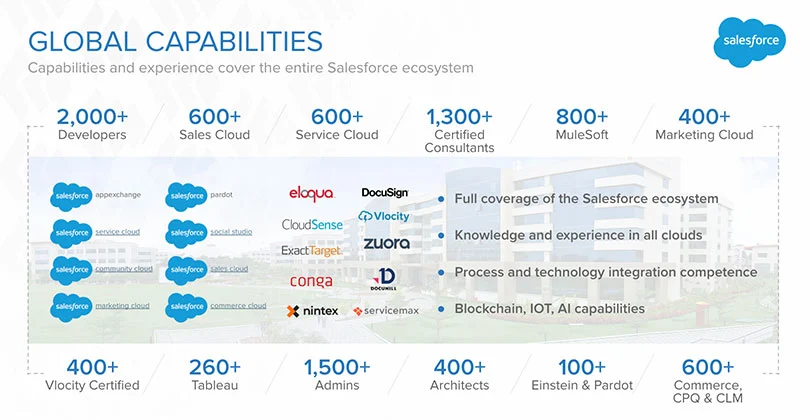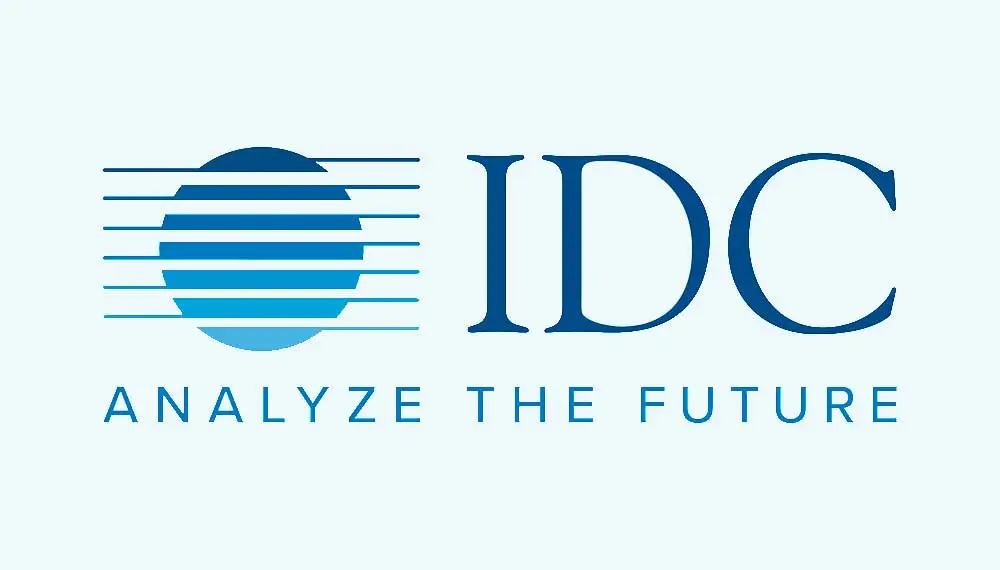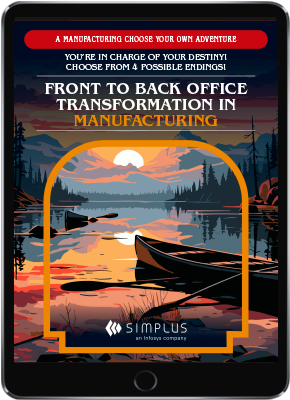The business climate has navigated a variety of challenges over the past three years. The rapidly-emerging effects of the global pandemic forced businesses to either rethink their business models and branding with innovative solutions and offerings or struggle while they hoped for relief from a stalled economy.
What surfaced for companies across all industries were initiatives that maintained customer relationships with digital platforms, helped navigate supply chain challenges with automated, CPQ, and CRM systems, and introduced virtual workforce infrastructures that remain largely intact post-pandemic.
During the height of the pandemic, three out of four business executives recognized that despite COVID-19 challenges, the environment still offered opportunities for growth.
Embracing innovation was effective during the pandemic. We believe digital-based innovation will arm businesses with the tools necessary not just to survive but to thrive amid a cooling economy.
Here are four ways we’ve seen innovative strategies bolster businesses in spite of a cooling economy:
Strengthen company infrastructure to stay competitive
When the economy is in a downturn, businesses face increased competition and decreased demand for their products or services. Innovation can help businesses stay competitive by finding new ways to offer value to customers without increasing overhead costs.
“We know that keeping costs low is critically important to the profitability of businesses,” says Andreas Sulejewski, a Forbes Technology Council member. However, with an economic downturn looming, business leaders focus on their customer base. And that should also include the internal customer. And whether your sales numbers are hardy or heart-wrenching, it’s always important to have smooth-running IT systems in place to maintain business productivity.
“Businesses would do well to remember lessons learned from the weight of the pandemic on the global economy—strengthening digital infrastructures might help not just weather the coming storm but thrive despite it,” Sulejewski added.
Create efficient, cost-saving workflow processes
Although digital transformation during these uncertain times feels risky, investing in a digital system during quieter times can help businesses find new, more efficient ways of operating. Investments like that can lead to cost savings and increased profitability when the economy picks up.
For instance, partnering with an experienced managed services team provides more than optimizing workflow processes and removing technical debt. “Many companies are still proceeding with some of their initiatives–just at a slower pace,” explained Grant Acosta, Director of Customer Success at Simplus. “Hiring an advisory and managed services team can keep companies on track during uncertain times without taking on all of the risk.”
Based on their industry expertise, a qualified team can customize an implementation schedule that aligns with your company’s adjusted timeline while they design a system that helps your business make data-based decisions on infrastructure, streamlines processes thus leveraging limited staff, automates CRM and sales tasks to empower your sales teams, and adds value to collected data.
Foster more agility for changing market conditions
Companies must adapt to stay relevant. That means adjusting the business infrastructure and product or service offerings and shifting day-to-day operations to connect with the changing focus of your customers. Remember, commerce isn’t stopping—it’s just moving at a slower pace. When you understand what your customers want through better data, quick customer-centric adjustments can make a huge impact.
“But as we have seen in the past, an economic downturn can be an opportunity instead of a threat. After all, companies like Microsoft, Instagram, and Airbnb were formed during or just after a recession,” said experts at International Data Corporation. “Companies that will win in this climate are the ones who diligently use data to maintain and improve their strategies and services, and who master the balance between cutting costs to survive today and investing in growing tomorrow.”
Economic downturns often bring about changes in consumer behavior and preferences. Innovation can help businesses adapt to these changes and remain relevant.
Identify new opportunities within a changing climate
When the economy opens up–it will likely happen fast. The first to respond to a changing climate will secure a strong advantage over the competition. Economic downturns can also create new opportunities for businesses. Innovation can help businesses identify and take advantage of these opportunities.
We witnessed it within an overwhelmed healthcare industry as it turned to virtual technology to expand patient care, and we helped develop a digital-based collaborative platform to facilitate and organize vaccine management on a global scale. We helped leaders in the manufacturing industry develop customer self-service portals and implement quote-to-cash features to simplify inventory management, accelerate shipping, and optimize pricing as an effective vehicle for driving the customer experience.
Overall, innovation can be a key driver of economic growth and stability, and it is especially important during times of economic downturn when businesses need to be adaptable and competitive to survive. The economic conditions are temporary. But the decisions you make will have a permanent impact on your business.
The key to moving forward, in spite of a cooling economy, is to take measurable action based on strong leadership instincts and reliable data. Whether it’s adjusting the company’s infrastructure to withstand economic pressures or shifting to more customer-centric business objectives, using a system that helps you understand your customer and seamlessly deliver the product and services they want is good business practice—in any economic climate.






















































0 Comments